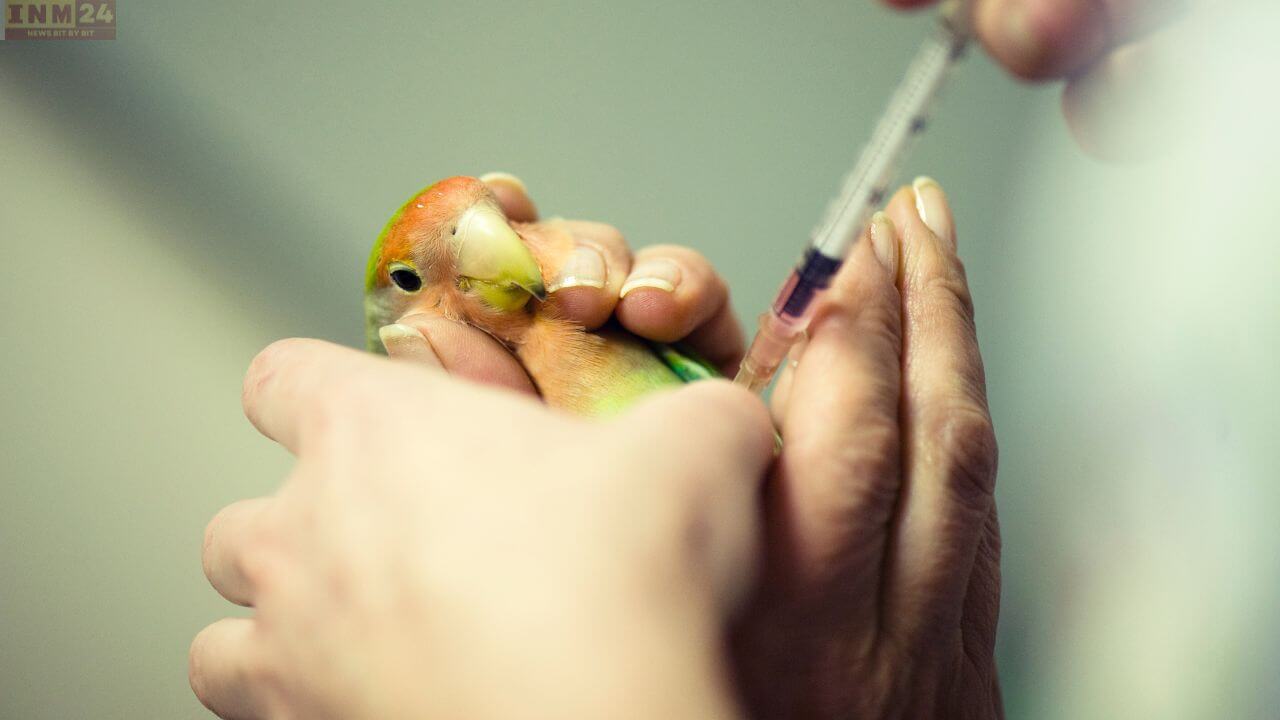In a shocking turn of events, Parrot Fever has wreaked havoc in European countries, claiming the lives of five individuals and infecting over 90 people. The World Health Organization (WHO) has issued a warning, shedding light on the alarming spread of this fever, which is transmitted from birds to humans.
Rapid Spread in Europe
Parrot Fever, also known as psittacosis, has taken a toll on people in five European nations. As of now, five deaths have been reported, and more than 90 cases have been confirmed. The WHO has raised an alert, emphasizing the severity of the situation and the need for immediate attention.
Psittacosis: A Bacterial Infection
Psittacosis is caused by the Chlamydia psittaci bacterium, primarily affecting birds. While it can infect various animals, including dogs, cats, and horses, it is most commonly associated with birds. The recent surge in human cases indicates a concerning transmission of the bacteria from birds to humans.
Unusual Rise in Cases
The WHO revealed in a statement that an unusual and unexpected increase in psittacosis cases has been observed in Austria, Denmark, Germany, Sweden, and the Netherlands during 2023 and the beginning of 2024. The number of cases reported during this period is significantly higher than in previous years. Until March, approximately 90 people have been affected, with five reported deaths.
Transmission and Symptoms
Psittacosis is typically transmitted to humans through inhalation of particles containing the Chlamydia psittaci bacteria. People in close contact with infected birds, such as poultry workers, veterinarians, and pet bird owners, are at a higher risk. The symptoms, which usually appear within 5 to 14 days of exposure, mimic those of flu, including fever, chills, headache, and dry cough.
Treatment and Antibiotic Resistance
Early treatment with antibiotics can effectively cure psittacosis. However, in severe cases, complications such as pneumonia and cardiac inflammation may occur. The misuse of antibiotics during the initial stages of infection can lead to antibiotic resistance, making the disease more challenging to treat.
Human-to-Human Transmission Rare but Possible
While psittacosis primarily spreads from birds to humans, human-to-human transmission is considered rare. Only a few isolated cases have been reported, with some under investigation in the current outbreak. The WHO emphasizes the importance of identifying the source of infection and implementing preventive measures to curb the spread of the disease.
The surge in psittacosis cases in Europe raises concerns about the potential for zoonotic diseases to affect human populations. Authorities are working to understand the source of the outbreak and implement measures to control its spread. The WHO encourages individuals in contact with birds to practice good hygiene and seek medical attention if flu-like symptoms persist. As investigations continue, public awareness and preventive measures are crucial to mitigating the impact of Parrot Fever in affected regions.
